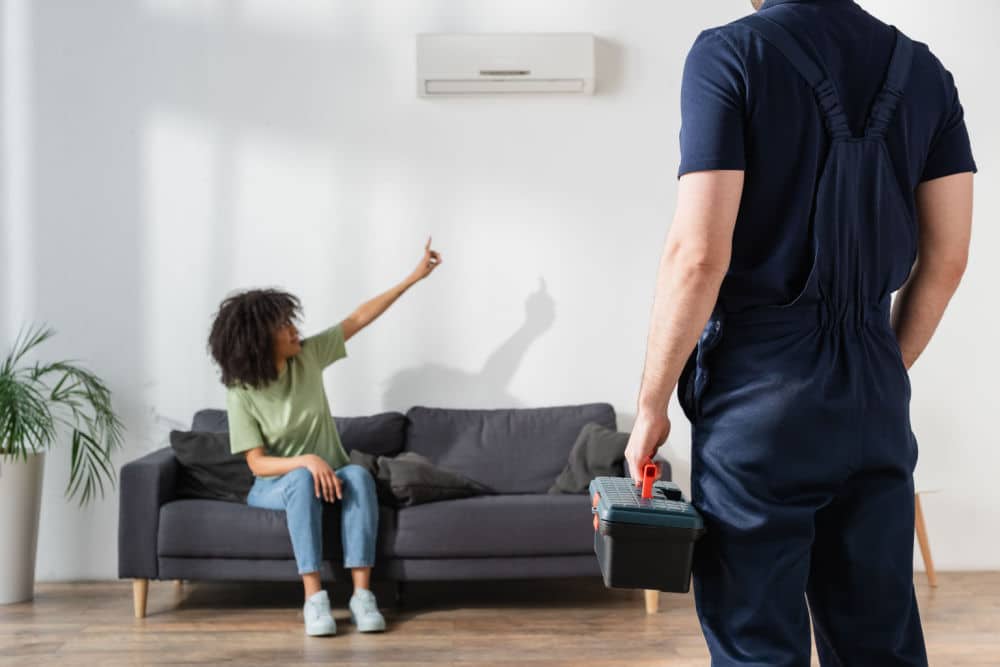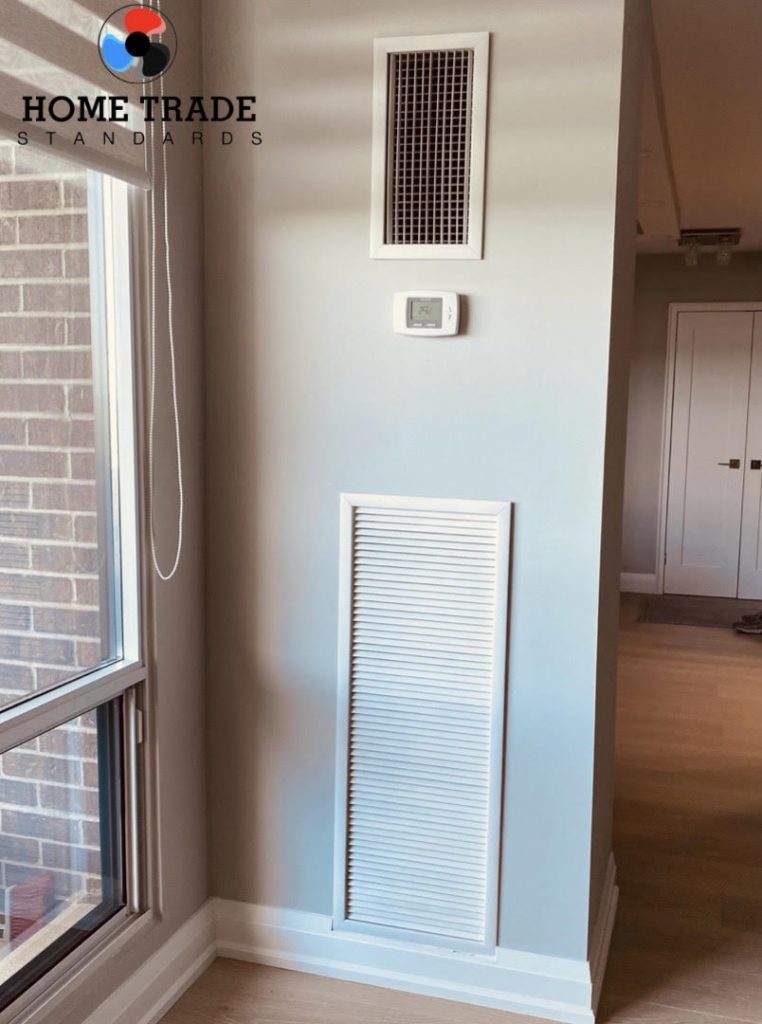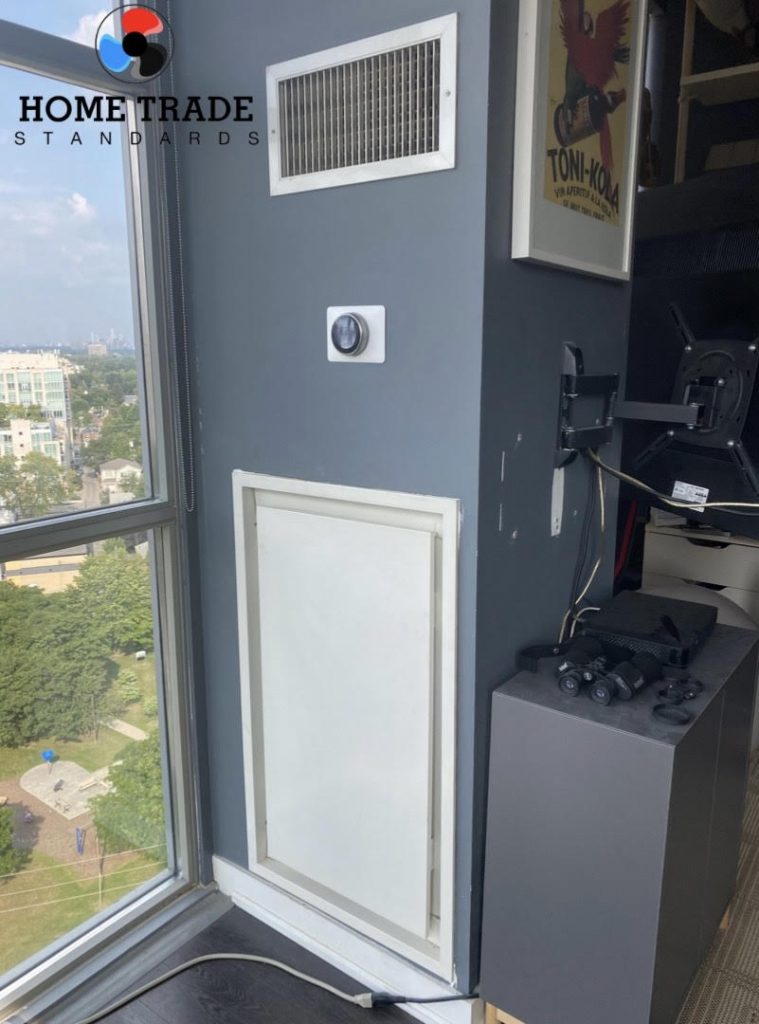How to Reset Your Condo Heat Pump: A Quick and Easy Guide
If your heat pump is short-cycling intermittently, you may need to reset your system to return to normal operation. Here is a quick and easy step by step video guide to safely and effectively reset your heat pump in your condo. Watch our step-by-step video guide on resetting your heat pump:Why You Should Reset Your Heat…
Why Do Condo Heat Pumps Fail In Winter?
Condo Heat Pumps aka Water Source Heat Pumps typically fail due to 5 common reasons. Heat Pumps have strict operation requirements during heating or air conditioning seasons. Failure to satisfy these requirement will disrupt heat pump operation in winter months. By understanding these requirements and taking preventative measures, residents & property managers can ensure optimal…
Why My Condo Heater Blowing Cold Air?
If you’re a condo owner, you know how important it is to have a functional heating system during the colder months. Unfortunately, there may come a time when your condo heater starts to blow cold air instead of hot. This can be frustrating, but there are several steps you can take to fix the problem.…
What To Expect Before & After Condo Fan Coil Replacement?
If you’re currently scheduled for a fan coil retrofit project, here is how you can prepare before & after the work is completed. Book the service elevator for the day of installation. Ensure there is a minimum of 6 ft or 2 Metres clearance around the fan coil area. Our technicians will use different tools,…
6 Reasons Your Condo Gets Too Hot or Too Cold In The Winter? – Condo Tips
Many condo owners in Toronto contact us when they feel like the temperature in their space is either too hot or too cold consistently. This is one of the most reported problems in residential low-rise & high-rise buildings. In this guide, we would like to examine six (6) common causes of in-suite temperature imbalances and…





